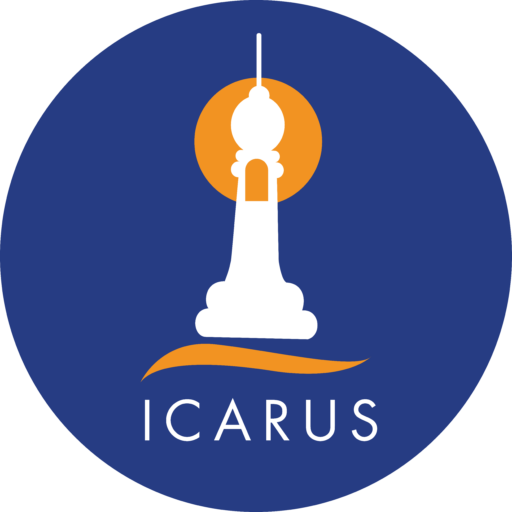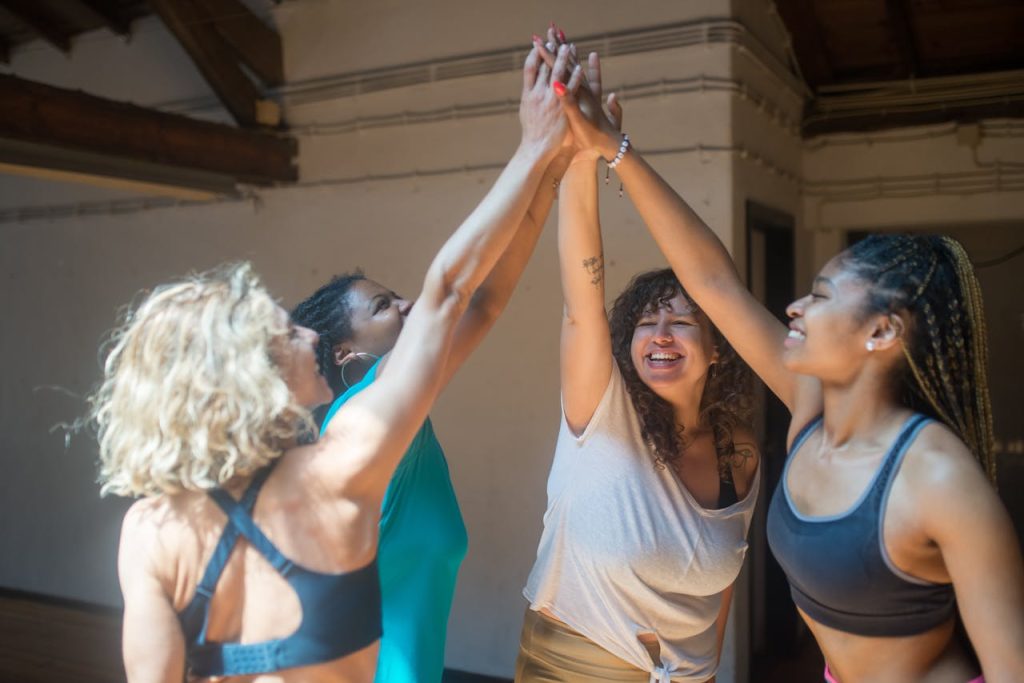Education has always had an intimate relationship with time. Learning is not an instantaneous event but a process that requires duration, repetition, and maturation. However, in an age dominated by acceleration, education too risks conforming to productivity-driven logics that favor efficiency over depth, performance over meaning. In re-educational settings—and particularly in prison—this tension becomes emblematic: time is simultaneously suspended, imposed, and confined, yet it can also become a radical formative resource.
The time of incarceration is marked by immobile cycles: days that all resemble one another, scheduled activities, monitored spaces. In such a scenario, time can become an enemy—or, if re-signified, a possibility. Education can intervene precisely here, not only by providing content or skills, but by offering the person a new way of inhabiting time: as a space for thinking, for pausing, for observing. Not coincidentally, many transformative educational practices are founded on the suspension of ordinary time: slowness as a pedagogical style is not inertia, but intensity.
Recent pedagogical reflection has begun to revalue slow time as a necessary condition for deep learning. Rosa (2019), in his theory of resonance, contrasts the logic of acceleration with a relational temporal dimension in which the subject enters into resonance with what they do, learn, and live. In prison, where time is imposed, finding moments of resonance can mean reclaiming one’s interiority. In this light, educational activity is not just transmission but listening, echo, and slowed-down dialogue.
From a phenomenological point of view, Van Manen (1990) speaks of pedagogical time as lived time, distinct from chronological time. The educator must be able to sense the “right moment” to propose a reflection, to welcome an emotion, to pause an activity. This temporal sensitivity is especially relevant in high-vulnerability educational contexts, where meaning-making often requires a dislocation from the dominant social time. In this sense, a pedagogy of slowness is not merely a technique, but an ethical stance: choosing not to force, not to accelerate, but to allow the time that is needed.
Educational time is also the time of waiting. Waiting for change, for a word to arrive, for an insight to mature. Lévinas (1988) emphasized that in the educational relationship, waiting is openness to the other—a willingness to receive what is not yet foreseeable. In prison learning contexts, waiting is full of ambivalence: it can become frustration, but also fertility. Creating an educational space where waiting is not emptiness but preparation is a pedagogical act of great value.
Finally, educational time is cyclical: learning occurs through returning, re-experiencing, and reworking. No authentic learning can happen without revisiting what has already been said or done. This is especially true in re-educational programs, where it is often necessary to deconstruct entrenched automatisms, negative internalizations, and blocked narratives. Educational time, then, is also therapeutic time, in which the individual can rediscover a more human rhythm, one that aligns with their lived experience.
In contexts where time is standardized, monitored, and emptied of meaning, education can offer an alternative temporality—one made of pauses, slowness, and respect for individual processes. To educate is not to synchronize; it is to accompany. And to accompany means to share time, to create a common rhythm, to accept that every transformation has its own right time. In prison, where time is rigorously measured but often painfully experienced, offering spaces where educational time is full, inhabitable, and fertile is perhaps one of the most deeply political and human acts that education can undertake.
References
- Lévinas, E. (1988). Éthique et Infini. Fayard.
- Rosa, H. (2019). Resonance: A Sociology of Our Relationship to the World. Polity Press.
- Van Manen, M. (1990). Researching Lived Experience: Human Science for an Action Sensitive Pedagogy. SUNY Press.
Authored by: SKILL UP








